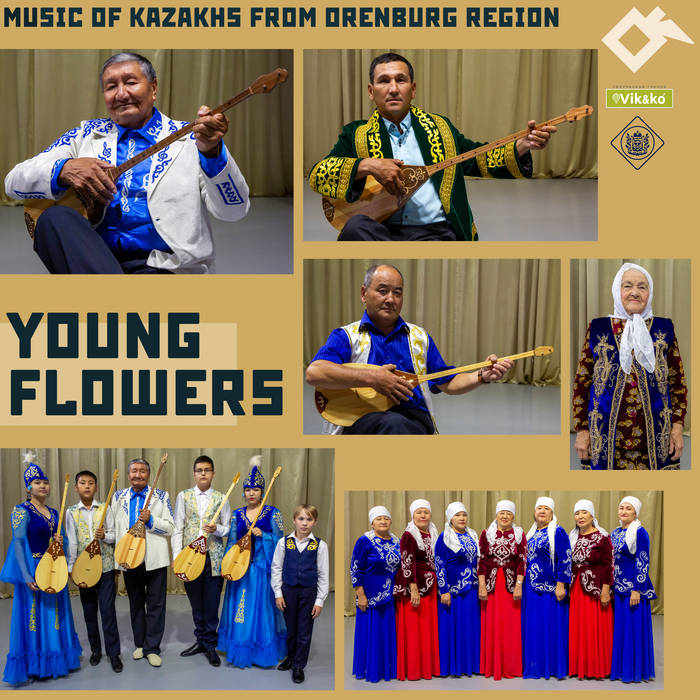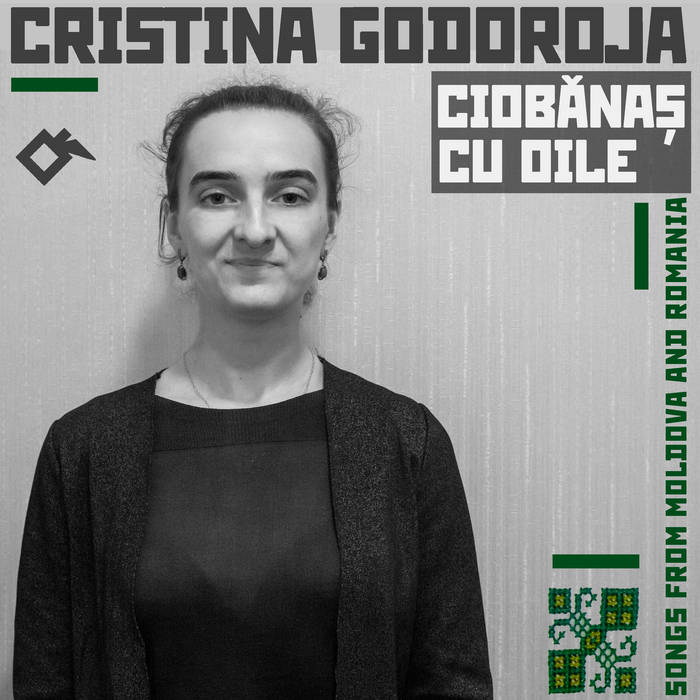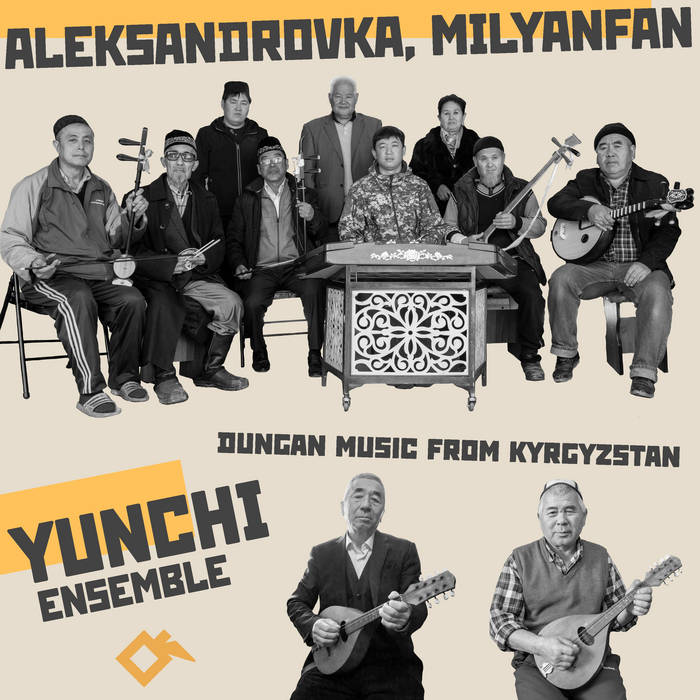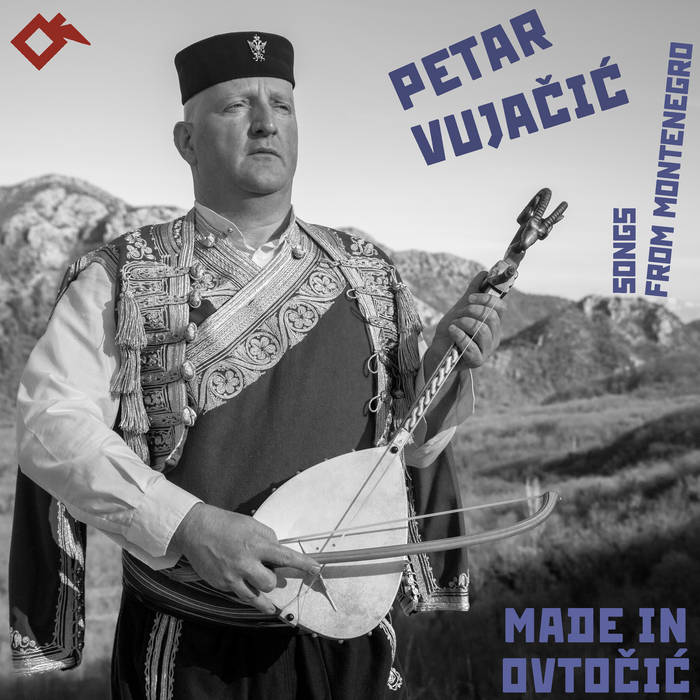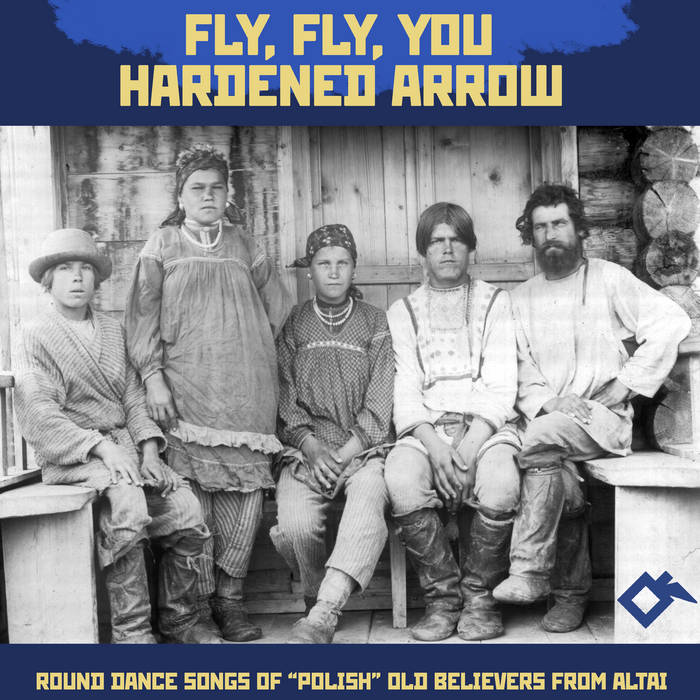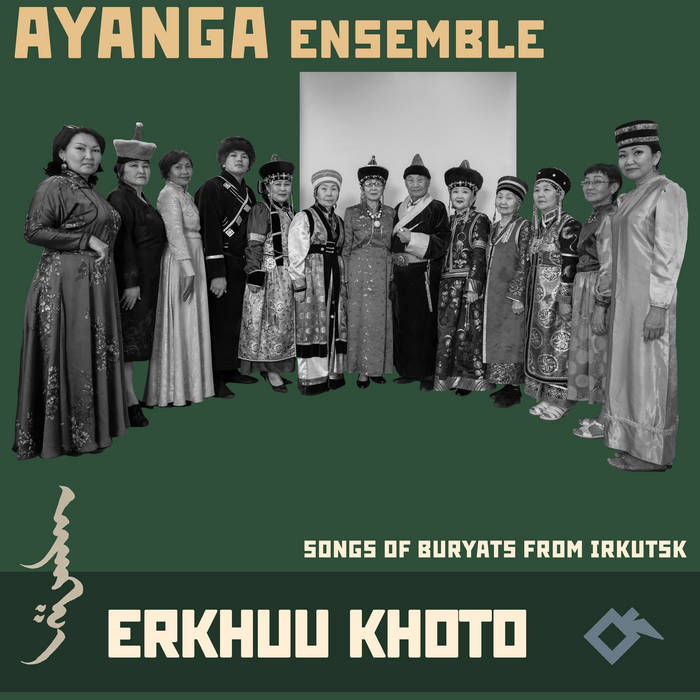The top ten albums of 2025 from the Russian World Music Chart will be announced soon, and this year has been exceptional for ethnic and world music. One standout album comes from Antonovka Records, a label that was originally based in Russia but is now located in Chișinău, Moldova. If you’re Continue Reading
Moldova
Cristina Godoroja – Ciobănaș Cu Oile: Songs From Moldova and Romania
Antonovka Records, once based in Russia but now ensconced in Moldova, continues to release some of the most seminal music to ever come out of the former Soviet Union and Yugoslavia, and their reach seems to keep expanding. This album covers the work of traditional singer Cristina Godoroja, an ethnomusicologist Continue Reading
Yunchi Ensemble – Aleksandrovka, Milyanfan: Dungan Music from Kyrgyzstan
Yet another amazing collection has been released by Antonovka Records, now based in Moldova. This collection features a Chinese Muslim ethnic group called the Dungan who live in the passes between Kyrgyzstan and Kazakhstan, and surprisingly, they don’t write in Chinese, but in Cyrillic! From Antonovka’s Bandcamp site: “Most of Continue Reading
Petar Vujačić – Made in Ovtočić: Songs from Montenegro
Amazing. The ever excellent Antonovka Records are now producing music outside of the former USSR. We have a description of the recordings below, courtesy of the label’s Bandcamp site: “Gusle (not to be confused with Russian gusli) is a Balkan (mainly Montenegrin and Serbian) bowed instrument. There is only one Continue Reading
Various Artists – Fly, Fly, You Hardened Arrow: Round Dance Songs of “Polish” Old Believers from Altai
The now-legendary Antonovka Records have done astounding work documenting music from Russia’s myriad of ethnic communities. This one is from the so-called “Polish” Old Believers in the Altai region. From the label’s Bandcamp site: “The ancestors of the Altai “Polish” Old Believers were peasants of the Vetka-Starodub territory of the Continue Reading
Ayanga Ensemble – Erkhuu Khoto: Songs of Buryats from Irkutsk
Antonovka Records produced one of my favorite records of 2022, covering music from the region of Buryatia in Russia. From the label’s Bandcamp page: “”Erkhuu Khoto” is the Buryat name of the Irkutsk city, where “Khoto” means “City”. Buryats are the indigenous people of this area. The ensemble “Ayanga” (“Melody” Continue Reading
